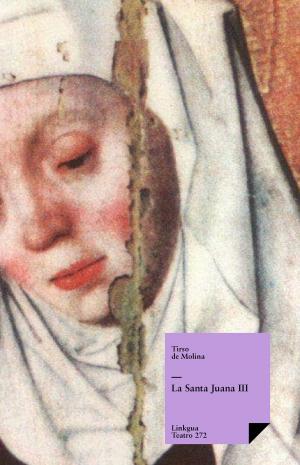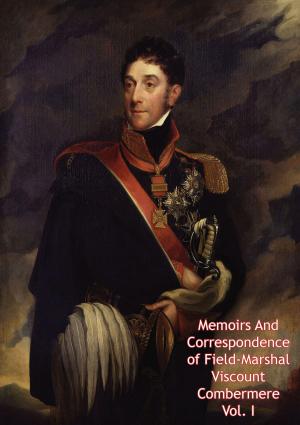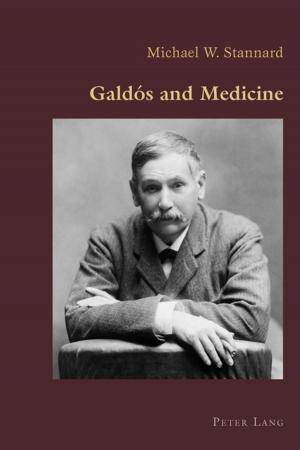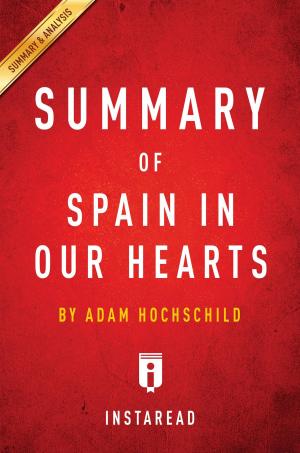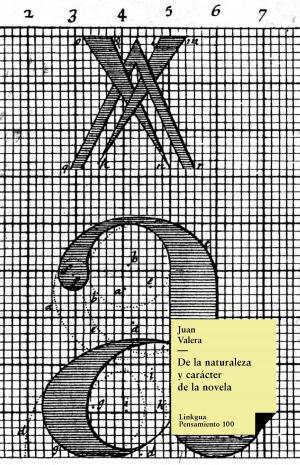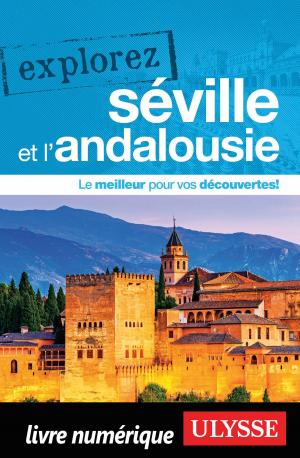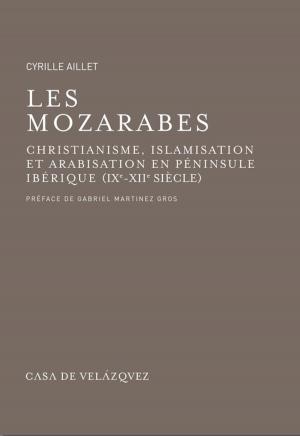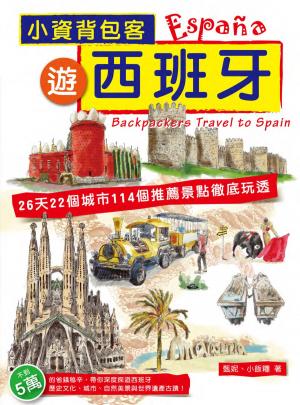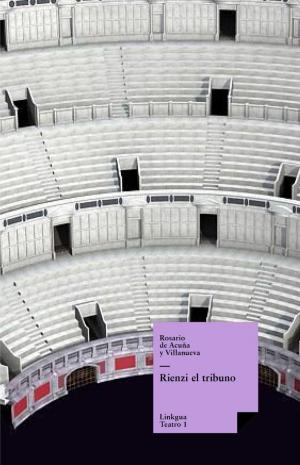The Portuguese immigrant in Curaçao
immigration, participation and integration in 20th century
Nonfiction, History, Spain & Portugal| Author: | Charles do Rego | ISBN: | 9789088503689 |
| Publisher: | SWP, Uitgeverij B.V. | Publication: | June 27, 2012 |
| Imprint: | LACS | Language: | Dutch |
| Author: | Charles do Rego |
| ISBN: | 9789088503689 |
| Publisher: | SWP, Uitgeverij B.V. |
| Publication: | June 27, 2012 |
| Imprint: | LACS |
| Language: | Dutch |
The rapid industrialization of Curacao, based on oil refining, resulted in an urgent need for labor which the small community could not provide sufficiently. The Portuguese, mostly from Madeira, were among the immigrant laborers who came by the thousands from the 1920s until the 1950s. A small group managed to stay either at the refinery or in the agricultural and grocery sector while others came to join them. This nucleus of permanent citizens evolved since the 1960s onwards till the Portuguese emerged as a very strong entrepreneurial group particularly in the supermarket branch, but also in some other market segments. Today the Portuguese no longer belong to a distinct migrant group but have become an integral part of the Curacao society. The second and next generations have been assimilated in the Curacao society and culture. The process of immigration, participation and integration has been analyzed within the framework of both the sending and the receiving countries. It presents, also through the eyes of the immigrant, an excellent view on the outcome of the struggle to maintain one's own culture and to adapt and prosper in a new society.
The rapid industrialization of Curacao, based on oil refining, resulted in an urgent need for labor which the small community could not provide sufficiently. The Portuguese, mostly from Madeira, were among the immigrant laborers who came by the thousands from the 1920s until the 1950s. A small group managed to stay either at the refinery or in the agricultural and grocery sector while others came to join them. This nucleus of permanent citizens evolved since the 1960s onwards till the Portuguese emerged as a very strong entrepreneurial group particularly in the supermarket branch, but also in some other market segments. Today the Portuguese no longer belong to a distinct migrant group but have become an integral part of the Curacao society. The second and next generations have been assimilated in the Curacao society and culture. The process of immigration, participation and integration has been analyzed within the framework of both the sending and the receiving countries. It presents, also through the eyes of the immigrant, an excellent view on the outcome of the struggle to maintain one's own culture and to adapt and prosper in a new society.

